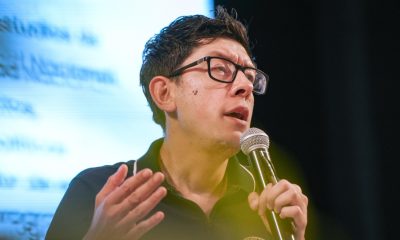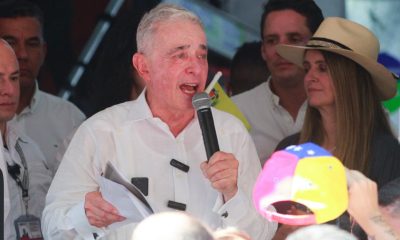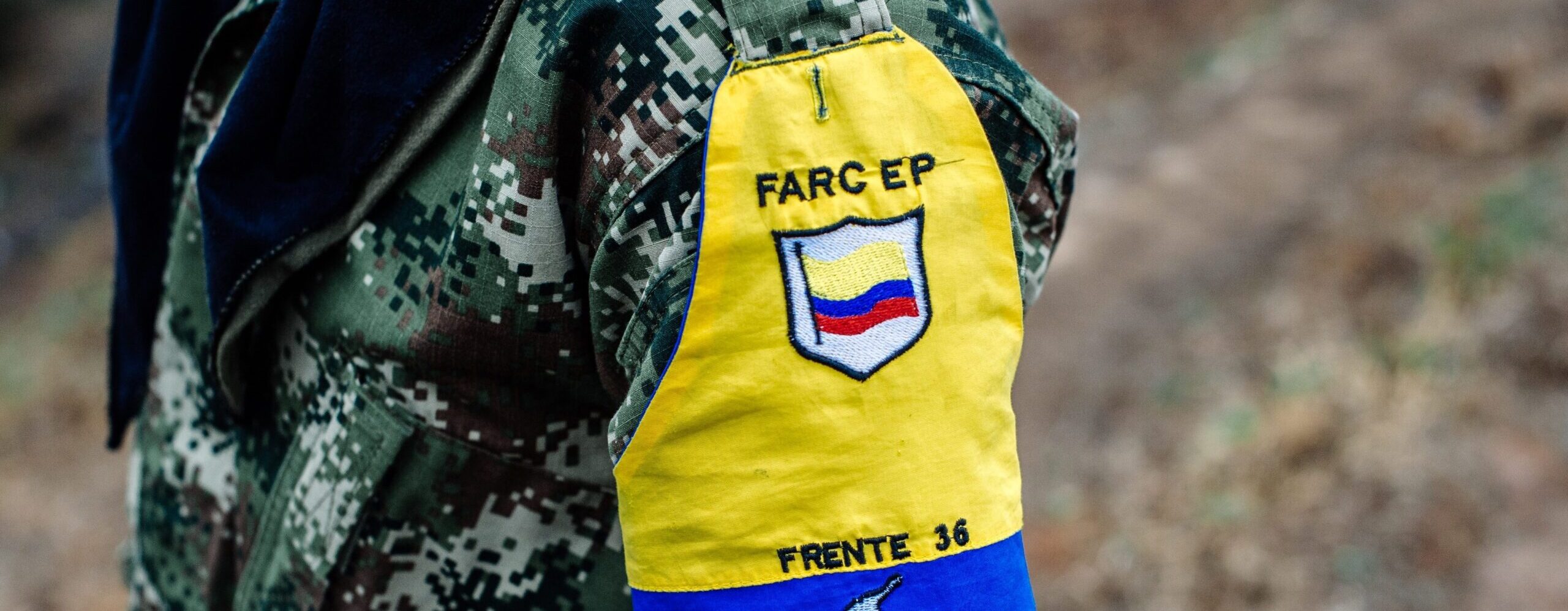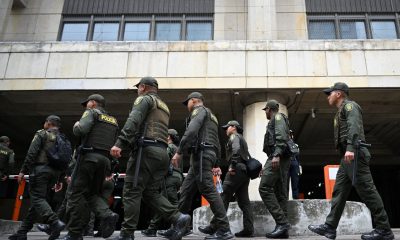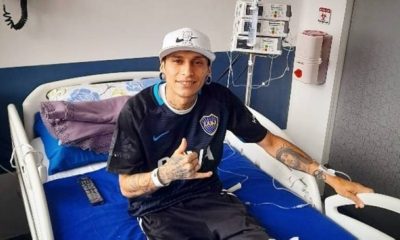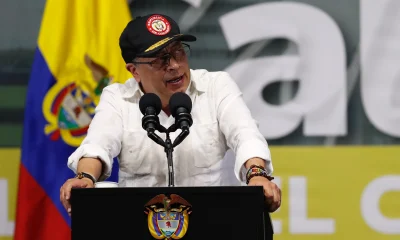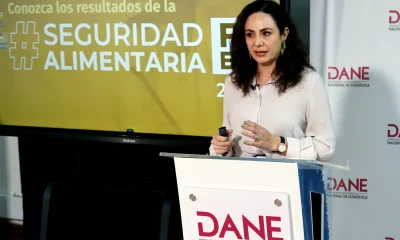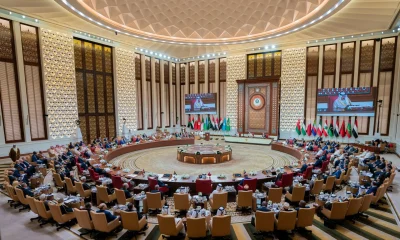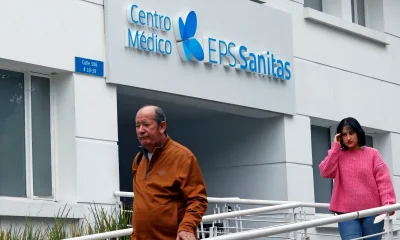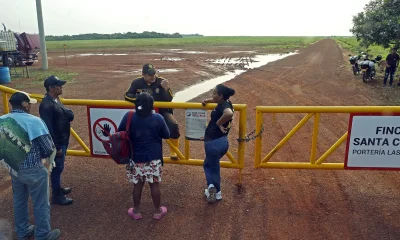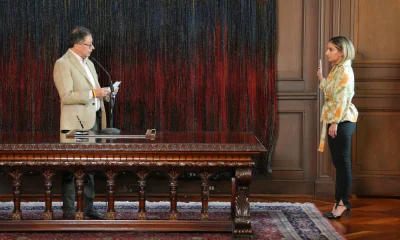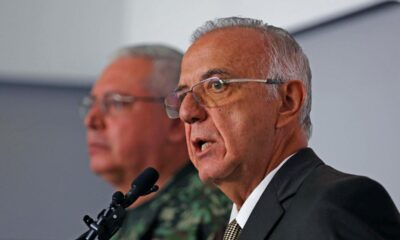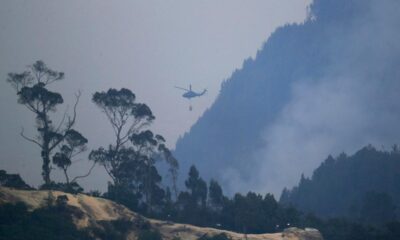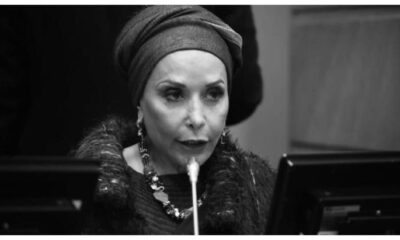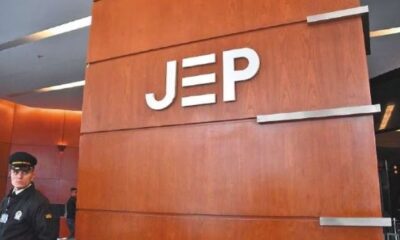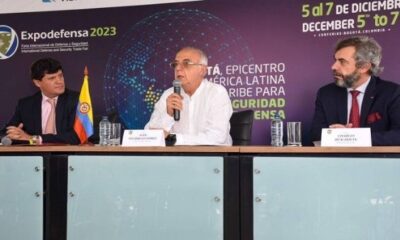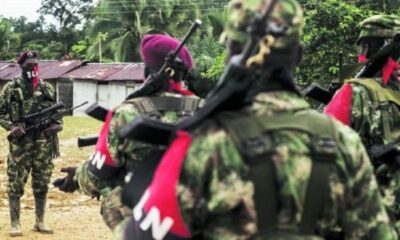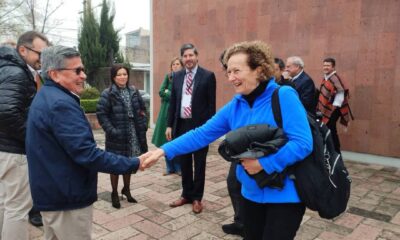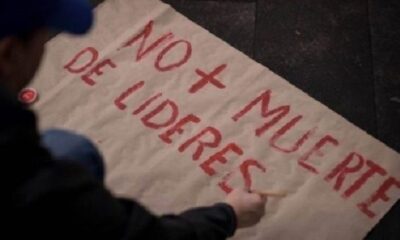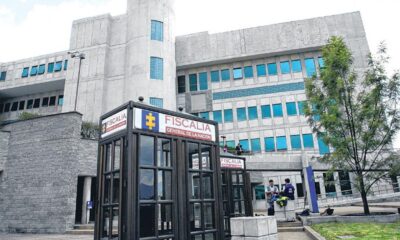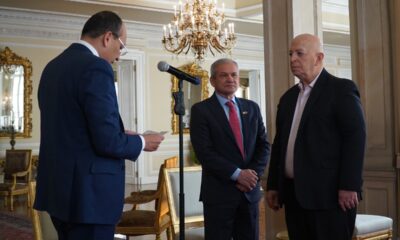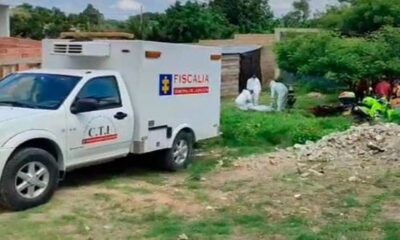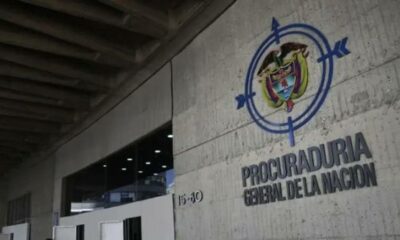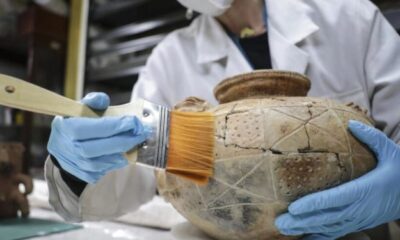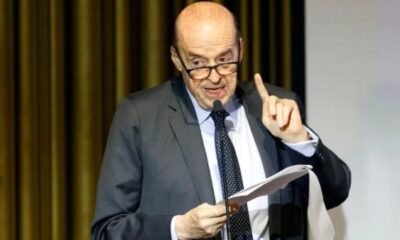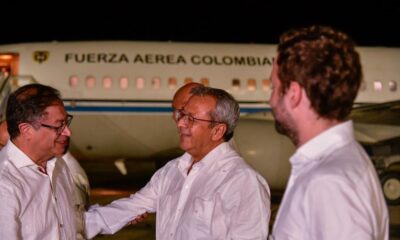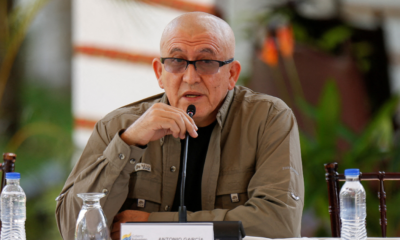International
Peace Tribunal in Colombia charges former FARC for child recruitment

March 9th |
For the first time, Colombia’s Peace Tribunal indicted 10 mid-level commanders of the now-defunct Revolutionary Armed Forces of Colombia guerrillas for the recruitment and use of minors in the armed conflict, as well as 13 other war crimes and crimes against humanity, including murders, disappearances, executions and the use of anti-personnel mines.
Wednesday’s indictment is the first in what is known as Case 05, which investigates crimes committed during five decades of conflict in northern Cauca and southern Valle del Cauca, two departments in the southwest of the country where the FARC’s Western Bloc operated.
The Special Jurisdiction for Peace (JEP), the court created after the signing of the peace agreement between the state and the FARC in 2016, has 10 major cases open in which it is trying former FARC combatants, members of the security forces, state agents and civilians.
At least 18,677 children were victims of forced recruitment during Colombia’s armed conflict, according to the court’s preliminary figures. That crime is being investigated separately in a case that covers the entire country but was included in the charges brought against the 10 former guerrillas on Wednesday.
The court found that the FARC used “recruitment as a political-military strategy as an armed organization,” according to the indictment, especially since the late 1990s, with a “significant increase” since 2011.
Former top FARC commanders have acknowledged that the guerrillas forcibly recruited minors, but have denied that this was a systematic practice.
In the area, most of the minors who joined the guerrilla ranks were indigenous or Afro-descendants, according to voluntary accounts from several of the ex-guerrillas. Former combatant Efrén Núñez Pulido acknowledged before the Court a policy of recruiting minors, among them an “indigenous girl under 15 years of age who was later shot”.
The minors, detailed the Tribunal, were taken through deception and economic offers and many of their families lost track of them or later received their lifeless bodies.
The Court also found that in northern Cauca and southern Valle del Cauca the now defunct guerrillas committed deliberate attacks against the civilian population and aimed to “declare a provisional government” in the area and then “expand their presence and obtain power through the use of arms”.
With its actions, the former guerrillas caused deaths and disappearances of indigenous people and peasants who were accused of being informants or leaders against the insurgency, displaced thousands of people and used anti-personnel mines to achieve territorial and social control and confine the communities, according to the Court.
The former FARC carried out “councils of war” and “executions” within its ranks in which several of its members were shot for going against the rules. According to the Court, the FARC disregarded the Additional Protocol to the Geneva Conventions “since they killed minors and persons who were brought in solely for the purpose of being killed without guarantees”.
In its investigation, the Tribunal compared 28 reports and publications from State entities, indigenous and victims’ organizations, as well as 91 versions from former guerrillas.
The ex-combatants have 30 working days to acknowledge or reject the accusations. If they deny responsibility, they may defend themselves with a lawyer, but if they are found guilty in a trial they could be sentenced to up to 20 years in prison. If they accept responsibility, they would receive sanctions that do not imply imprisonment.
International
Florida judge sets 2027 trial in Trump’s $10 billion lawsuit against BBC

A federal judge in Florida has scheduled February 2027 for the trial in the lawsuit filed by U.S. President Donald Trump against the BBC, in which he is seeking $10 billion in damages for defamation.
Trump accuses the British broadcaster of airing a misleading edit of a speech he delivered on January 6, 2021, which, he says, made it appear that he explicitly urged his supporters to attack the U.S. Capitol in Washington.
The president filed the suit in December in federal court in Florida, alleging defamation and violations of a law governing business practices when the program was broadcast ahead of the 2024 election.
Trump is seeking $5 billion in damages for each of the two claims.
Lawyers for the BBC unsuccessfully asked the court to dismiss the case, arguing that Trump had not suffered a “legally recognizable harm,” since the investigative program Panorama, which included the edited footage, aired outside the United States.
International
Head-of-state diplomacy key to guiding China–U.S. ties, Beijing says
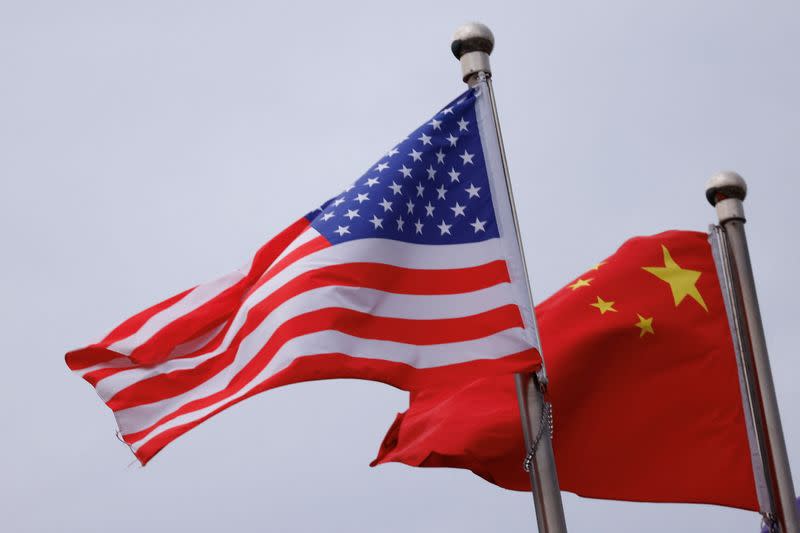
Head-of-state diplomacy plays an irreplaceable strategic guiding role in China–United States relations, Chinese Foreign Ministry spokesperson Lin Jian said on Thursday during a regular press briefing, when asked about high-level exchanges between the two sides.
Lin added that in a recent phone call, U.S. President Donald Trump once again expressed his intention to visit China in April, while Chinese President Xi Jinping reiterated his invitation.
Both sides remain in communication regarding the matter, the spokesperson said.
Lin noted that the essence of China–U.S. economic and trade ties lies in mutual benefit and win-win outcomes.
“Both parties should work together to implement the important consensus reached by the two heads of state, injecting greater certainty and stability into China–U.S. economic and trade cooperation, as well as into the global economy,” he said.
International
Trump administration to end special immigration operation in Minnesota
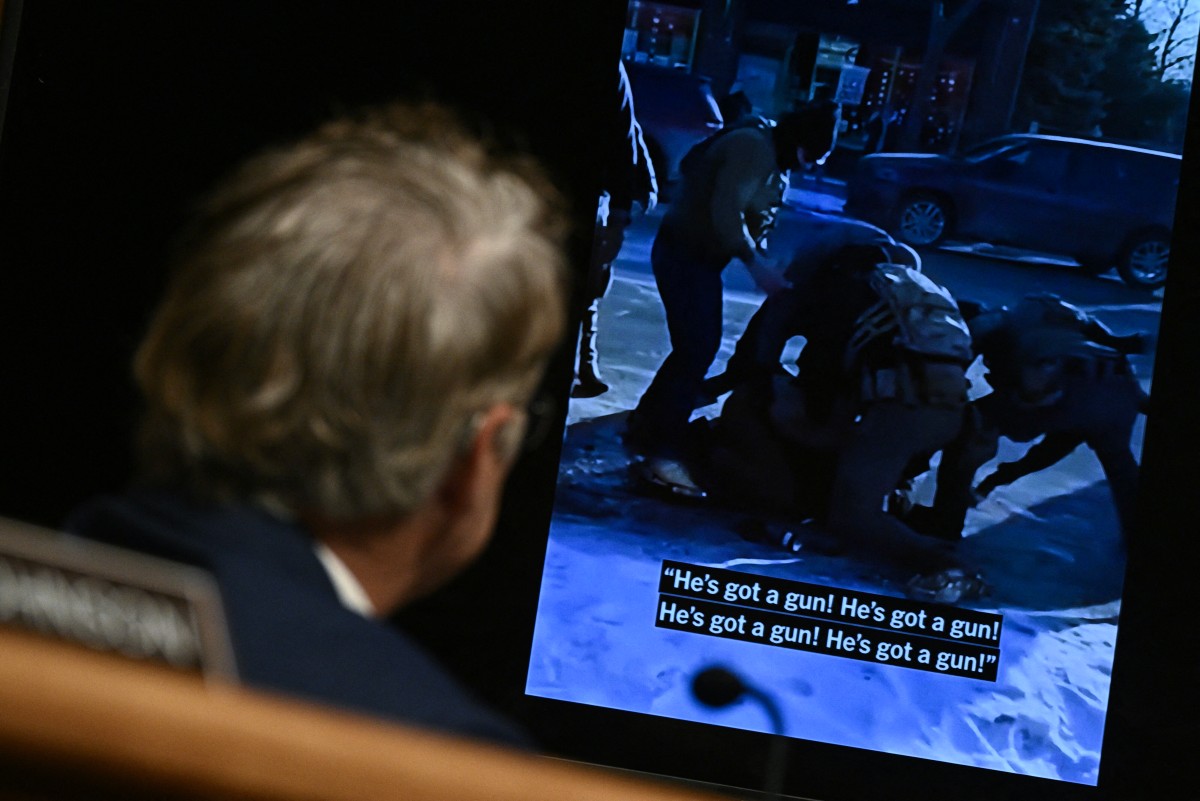
The administration of Donald Trump is bringing to a close its special operation targeting illegal immigration in the northern state of Minnesota, border czar Tom Homan announced Thursday, following weeks of unrest and the fatal shootings of two activists by federal agents.
Thousands of federal officers had been deployed to Minnesota in December to carry out large-scale raids against undocumented immigrants.
The operations triggered strong reactions from residents and advocacy groups, leading to daily confrontations and the deaths of two people who were shot by federal agents.
“I proposed, and President Trump agreed, that this special operation should end in Minnesota,” Homan said during a press conference in the state capital, Minneapolis.
“A significant drawdown began this week and will continue into next week,” he added.
Homan indicated that similar enforcement efforts could be launched in other cities.
“Next week we will redeploy the agents currently here back to their home stations or to other parts of the country where they are needed. But we will continue to enforce immigration laws,” he said.
-

 Central America4 days ago
Central America4 days agoGuatemala isolates Barrio 18 leader after attacks that killed 11 police
-

 International2 days ago
International2 days agoU.S. Health Department says CDC grants no longer match agency priorities
-

 International1 day ago
International1 day agoOver 50 Civil Groups Urge House to Impeach DHS Secretary Kristi Noem
-

 International2 days ago
International2 days agoICE Arrests Reach 379,000 Under Trump, Testimony Shows Amid Minnesota Shootings
-

 Central America1 day ago
Central America1 day agoGuatemala to Phase Out Longstanding Medical Cooperation Agreement with Cuba
-

 International2 days ago
International2 days agoDespite homicide drop, overall deadly violence remains high in Mexico: study
-

 International2 days ago
International2 days agoSheinbaum Urges Mexico to ‘Jealously’ Guard Sovereignty at Air Force Anniversary
-

 International2 days ago
International2 days agoMEPs Approve Plan That Could Fast-Track Rejection of Some Asylum Claims
-

 International2 days ago
International2 days agoJet Fuel Crisis Hits Cuba: Flights Disrupted, Air Canada Cancels Services
-

 International1 day ago
International1 day agoNew York’s New Archbishop Names Óscar Romero as His Favorite Saint
-

 International2 days ago
International2 days agoMexico Rises Slightly to 141st in Global Corruption Perceptions Index 2025
-

 International9 hours ago
International9 hours agoHead-of-state diplomacy key to guiding China–U.S. ties, Beijing says
-

 International9 hours ago
International9 hours agoTrump administration to end special immigration operation in Minnesota
-

 International9 hours ago
International9 hours agoFlorida judge sets 2027 trial in Trump’s $10 billion lawsuit against BBC
-

 International1 day ago
International1 day agoExclusive Tucson Neighborhood Shaken by Disappearance of Savannah Guthrie’s Mother
-

 International2 days ago
International2 days agoChile Unveils Latam-GPT to Give Latin America Its Own AI Model































